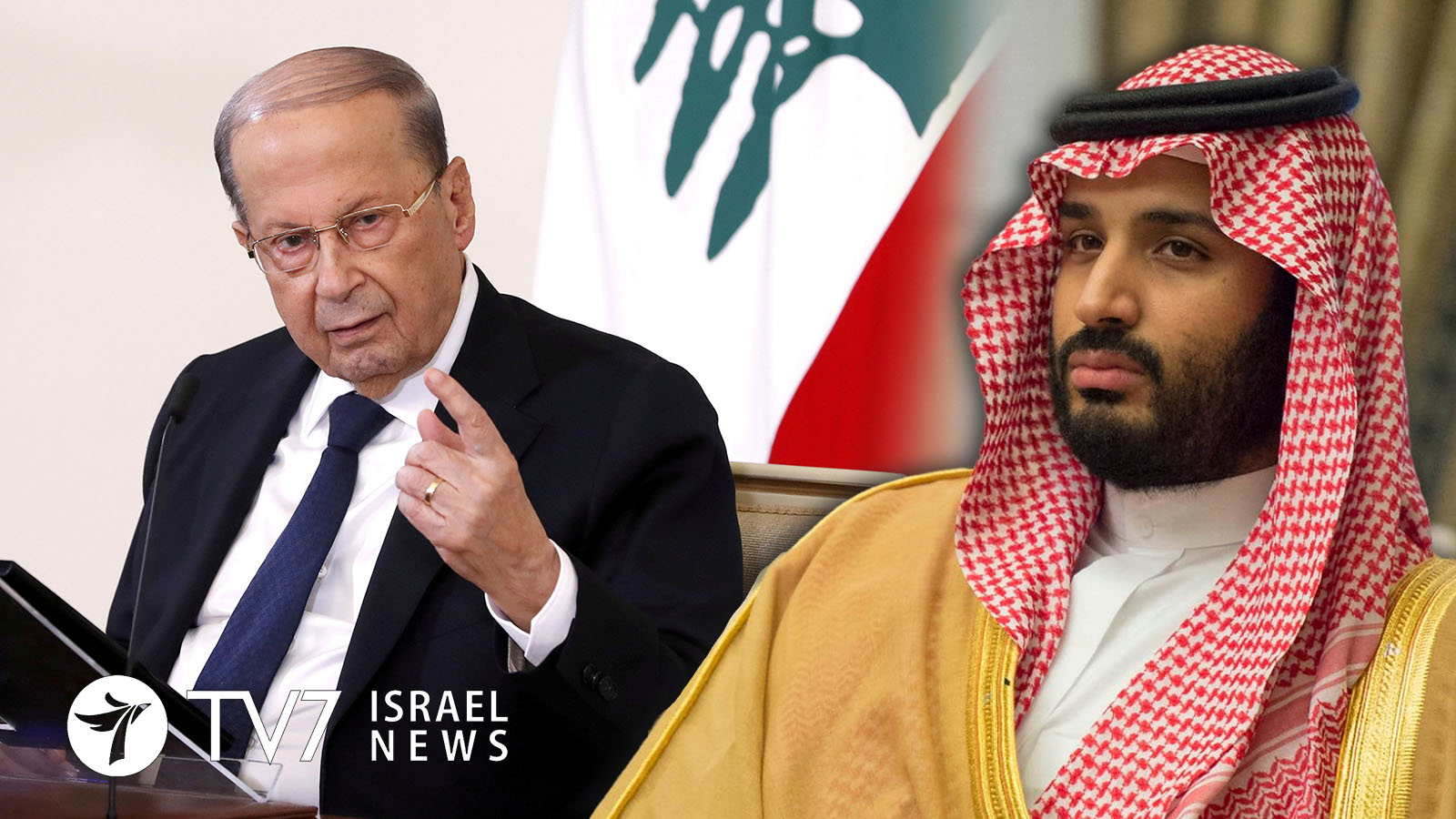Lebanon is urging Saudi Arabia to cancel its injunction against Lebanese produce over charges the imports were used as cover for drug smuggling.
The ban was implemented on Sunday, after Saudi customs authorities foiled an attempt to smuggle over 5.3 million Captagon amphetamine pills stashed inside of a pomegranate shipment from Lebanon, according to reports from the official Saudi Press Agency (SPA).
Reuters cited a claim by a senior Lebanese source that the shipment had originated in neighboring Syria and falsely mislabeled, and that 2 suspects were detained in connection with the drug bust.
Loss of the $24 million annual fruit and vegetables trade would further impact the deep financial crisis that has posed the greatest threat to Lebanon since its 1975-1990 civil war. There are rising concerns that the ban could widen regionally following statements in support of the Saudi decision issued by the United Arab Emirates, Kuwait, Bahrain and Oman.
After a meeting on the topic between Lebanon’s President Michel Aoun, Caretaker Prime Minister Hassan Diab and other senior officials, the country’s Caretaker Interior Minister was tasked with coordinating efforts with Saudi Arabia to identify the drug dealers and prevent further smuggling.
According to a presidential statement, Lebanon’s public prosecutor will lead an investigation into the issue and keep Saudi officials informed of the findings. Aoun has also ordered Lebanon’s security forces to step up operations against the smuggling.
Diab asserted that the block on his country’s food imports is not productive, and appealed for support for Lebanon’s campaign against the traffickers.
“We are confident that Saudi Arabia and all the Gulf countries know well that a ban on Lebanese produce will not stop drug smuggling and (that) cooperation between us will help stop these networks,” he said.
Meanwhile, the Iran-backed Hezbollah political and paramilitary terror group continues to subvert the formation of a new technocratic government in Lebanon, despite the looming deadline to meet a series of conditions to secure a critical $246 million World Bank loan for social security programs.
United States Undersecretary of State for Political Affairs David Hale, who visited Beirut earlier this month, warned that Lebanon could face punitive actions from the West if urgent reforms are not implemented.
In a desperate attempt to break the hold the Shi’ite Islamic Hezbollah has on President Aoun, who is a Maronite Christian, Prime Minister-designate Saad al-Hariri travelled to the Vatican in a direct appeal for help from Pope Francis.
“I came and explained to His Holiness Pope Francis the problems we are suffering from in Lebanon and of course his Holiness the Pope knows the problems in Lebanon, and Lebanon needs all the help from his friends,” Hariri told reporters in Vatican City after meeting with the Pontiff, adding that, “He was eager to come to Lebanon but only after the formation of the government, and this is a message to the Lebanese – that we must form a government so that everyone can gather, to revive Lebanon with our friends.”
